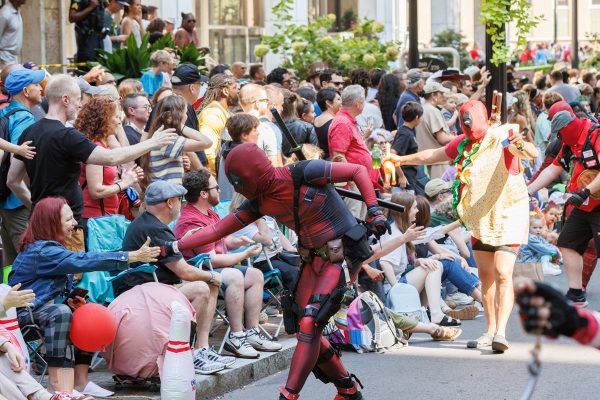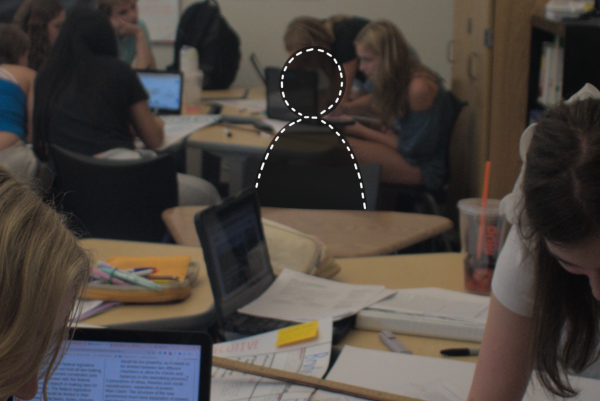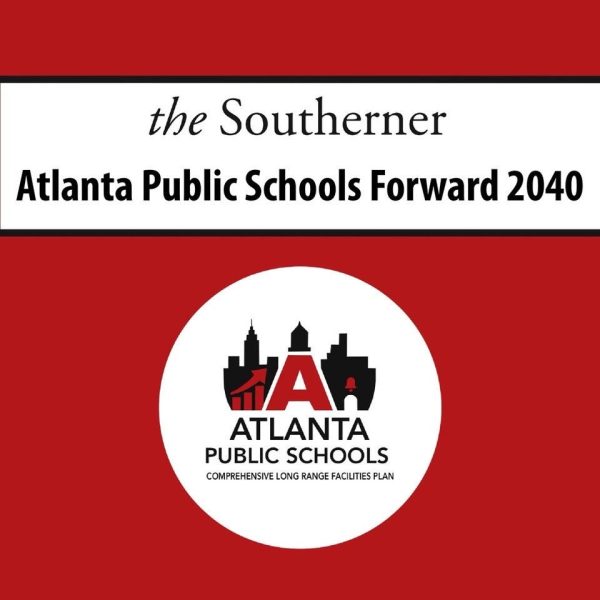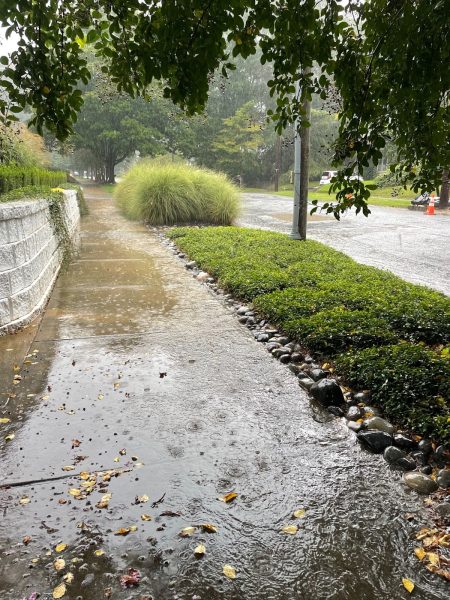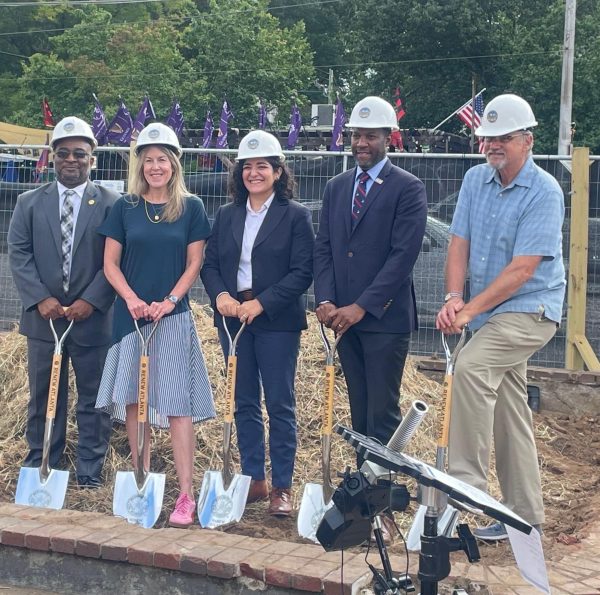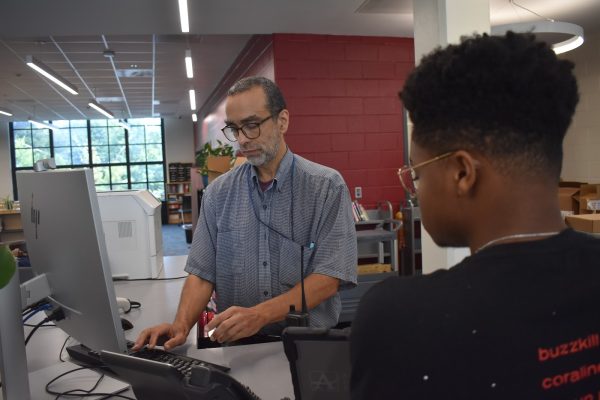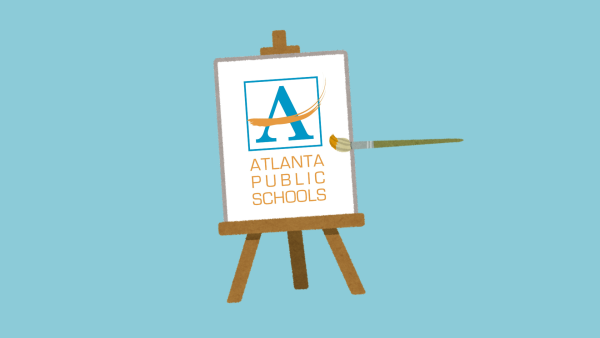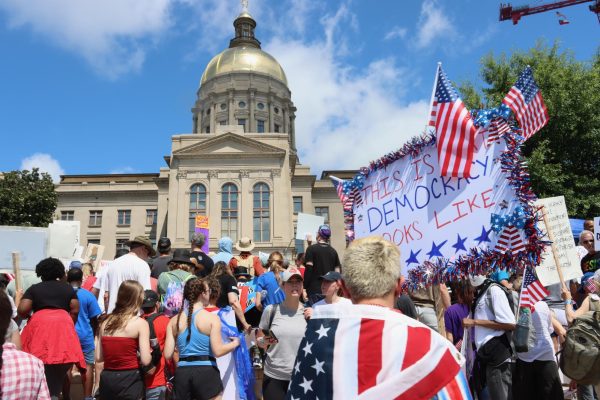Community leaders push Confederate Avenue name change
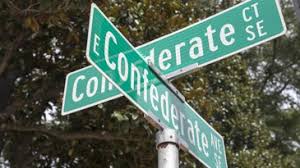
Confederate Court and Confederate Avenue, two streets in Grant Park, are in the process of getting their names changed.
Mayor Keisha Lance Bottoms signed a law renaming three Civil War-era named streets in Grant Park after the Atlanta City Council unanimously voted to change the names of Confederate Avenue, East Confederate Avenue and Confederate Court. These streets will be changed to Union Avenue, Union Avenue S.E and Trestletree Court.
A community organization, Neighbors for a New Name, started the name change process in 2015 after the massacre of nine parishioners at Emanuel African Methodist Episcopal Church on June 17, 2015, in Charleston, South Carolina.
“At the memorial, I said to myself we had to do something to stop this [hatred] because it was a young person who committed this act,” said Atiba Mbiwan, one of the founding members of Neighbors for a New Name. “I didn’t realize what I was going to do until a CBS news truck interviewed my wife about Confederate Avenue. That’s when we started the process to change the street name.”
Renaming an Atlanta street required time and unanticipated measures.
“In that summer [of 2015], we began an online petition to see if there was any interest in a name change,” Mbiwan said. “What we didn’t realize was that anyone could sign this petition whether they lived on the street or not.”
The movement to change the street lost momentum due to this misstep and the question of the new street name. However the movement’s energy after another tragedy associated with Confederate monuments occurred in Charlottesville, Virginia.
“In 2017, the former Mayor Kasim Reed brought together a commission to review the streets that are named in relation to the Confederacy or the monuments that exist around the city,” said Councilman Matt Westmoreland, and 2005 Grady alum, who voted to rename Confederate Avenue. “They met several times during the fall and published their final report in November of 2017. After the report was submitted, however, it got lost in translation.”
After the Charlottesville attack, the same group of neighbors restarted the process to change streets with names honoring the Confederacy. Members of the community decided to wait until the advisory board’s decisions were made public to continue with the process.
“After the 2017 election, the recommendations were moved to the next Mayor and City Council,” Mbiwan said. “We thought there should be a grace period to let new administration settle in before they moved on these recommendations.”
After six months of no action by City Council or the Mayor’s Office, Confederate Avenue residents began meeting to start the renaming process for a third time.
Working this time with Councilwoman Carla Smith to move the process along, Confederate Avenue began petitioning their neighbors to gauge their perspective.
“There was a group of neighbors that got together and did a petition,” said Smith, who represents the community. “They had talked to me ahead of time and discussed the process of petitioning with me and I said that with a majority in favor I would draw up legislation.”
After the petitioning process the residents met with Smith to move the legislation forward.
“I went and met them at a coffee shop on a Friday night and you could [tell] that different neighbors had different members of the street in which they had collected petitions,” Smith said. “After everyone got there, they started handing me their block of the petition. It was very moving to me as there were only eight or nine people there giving me the petitions which speaks volumes to an elected official.”
When Smith first drafted the legislation, there was no replacement name for Confederate Avenue, leading to a process to decide the replacement name.
“We set out to ballot everyone on the street to find out what name they wanted to replace Confederate Avenue,” Mbiwan said. “We collected the ballots in August and sent them along to Carla Smith.”
In September, there were two meetings led by Smith regarding the name change. Smith added another meeting to better include the community.
“We hold our public hearings in the morning at like 9:30 on a Tuesday,” said Smith. “I knew that most of my people were working class so knowing that the Utilities Committee hearing was required, I decided to also do one in the evening, which was called a listening session.”
The legislation passed unanimously through the City Council on Oct. 2 and signed into law the next day. Felicia Moore, President of City Council, appointed Smith, Michael Bond and Natalyn Archibong to a panel to start moving legistation forward on the other street names and Confederate monuments.
“It is important for us to have communities that all of our residents can be proud to call home and to live in,” Westmoreland said. “I think that street names and monuments around town are a reflection of what kind of city we are, and I am fully supportive of efforts to change things like these street names.”

George is in his fourth year of the journalism pathway and has been a Southerner editor for three years now. Along with spending long hours at late nights,...

